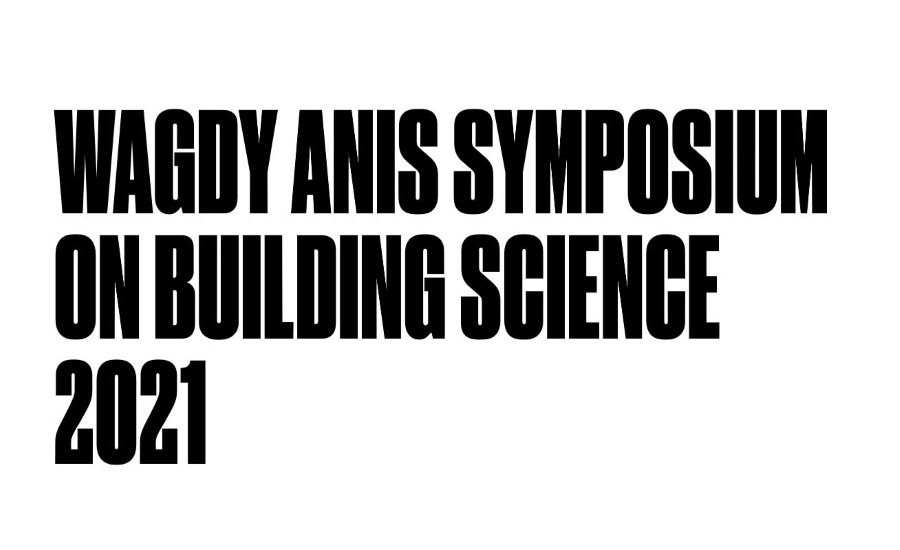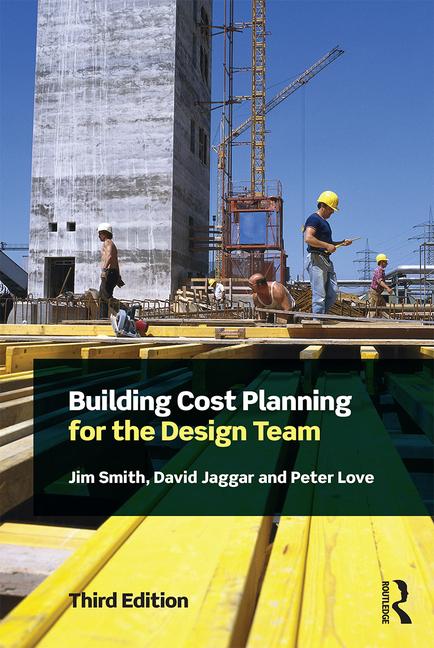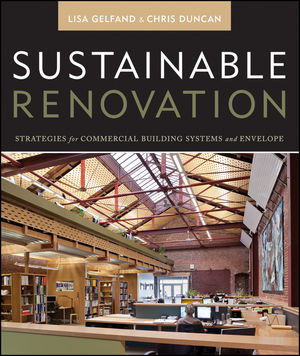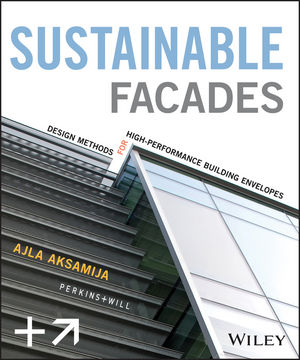Boston Building Enclosure Council Announces Call for Abstracts

The Boston Building Enclosure Council (B-BEC) is calling for abstracts for the 2021 Symposium on Building Science.
The symposium takes place September 23. Abstracts are due April 16.
This will be the second symposium in honor of the memory of Wagdy Anis, an internationally recognized architect who specialized in building enclosure performance. B-BEC is a chapter under the National Institute of Building Sciences Building Enclosure Technology and Environment Council.
B-BEC welcomes participants representing a wide a range of perspectives, from building ownership and operations to strategies for effective design, engineering and construction at each phase of a project, to research and development of construction methods, materials, and products.
“Our goal is to host a spirited dialogue on the benefits and challenges of achieving a well-designed building enclosure through collaboration between all participants in the design and construction process,” the B-BEC says, in its call for abstracts.
Topics of interest include:
- Physics of heat air and moisture management: Advances in theory and practice, consideration of the impact of future climate change.
- Current research and development: New materials, as well as new design and construction methods.
- Energy performance standards: Passive House; Net Zero Energy codes; BERDO, embodied carbon.
- Best practices: Integration of building enclosure assemblies with building mechanical systems.
- Design & construction process: Ideal workflow for achieving a high-performance building.
- QA/QC: Building enclosure commissioning, testing and other methods of verification.
- Case studies: Successful application of principles and lessons learned on new buildings and renovation of existing buildings.
The one-day symposium will be preceded by an all-day introductory program “Building Enclosures 101.”
Members of the design and construction community are encouraged to submit 200-word abstracts on the theme “High Performance Building Enclosures: Risks and Rewards” for consideration. Abstracts from students are welcome.
Looking for a reprint of this article?
From high-res PDFs to custom plaques, order your copy today!








